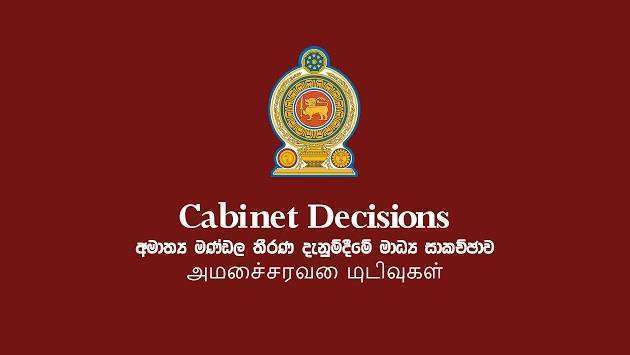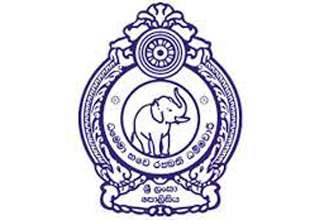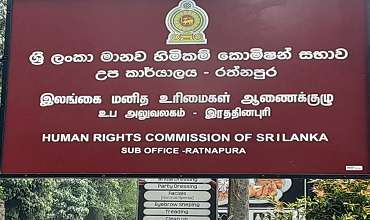The World Health Organisation (WHO) has handed over to the Health Ministry a report compiled with the aim of providing technical assistance to the Government to address the dengue outbreak.
The report was compiled following the feedback from two dengue experts from Thailand who trained clinicians here on case management. The WHO South-East Asia Regional Office also sent an epidemiologist and an entomologist to Sri Lanka.
The report recommends that vector control programmes should be given priority to reduce potential mosquito breeding places in areas affected by dengue, while it notes the meassures taken by the Health Ministry to cope with the rising number of cases.
“The Health Ministry has placed the triage protocol in place that was updated in June to cope with the outbreak. And temporary wards have been put up in hospitals to cope with the crowd and manage the distribution of patients,” the report says.
(Triage is the process of determining the priority of patients’ treatments based on the severity of their condition. This rations patient treatment efficiently when resources are insufficient for all to be treated immediately.)
According to the report, some 600,000 people have been affected in 15 districts by the latest dengue outbreak to hit Sri Lanka following the recent heavy rains, flooding and landslides.
After heavy rains, more dengue cases are reported from urban and suburban areas than from rural areas, the report notes, identifying standing water and uncleared waste dumps, among others, as potential breeding grounds for mosquito larvae.
The WHO has also handed over 50 fogging machines to the Government.
You can share this post!
Content

A Thai woman walking topless in Arugam Bay town has been arrested by the Police.

The Cabinet has approved a proposal for Sri Lankans overseas to apply for their passports through an online system via the Lankan diplomatic missions.

Ajith Gallage, the owner of a Bird Park in Nagarawawa, Hambantota, has been remanded over allegations of concealing illegally imported motorcycles, in a warehouse owned by him.







Leave Comments